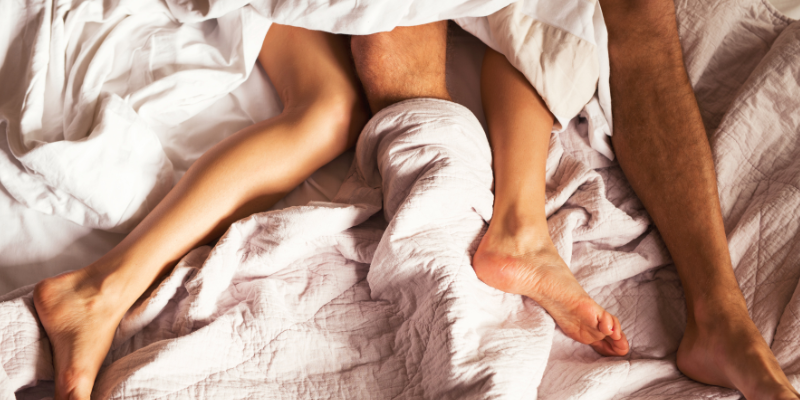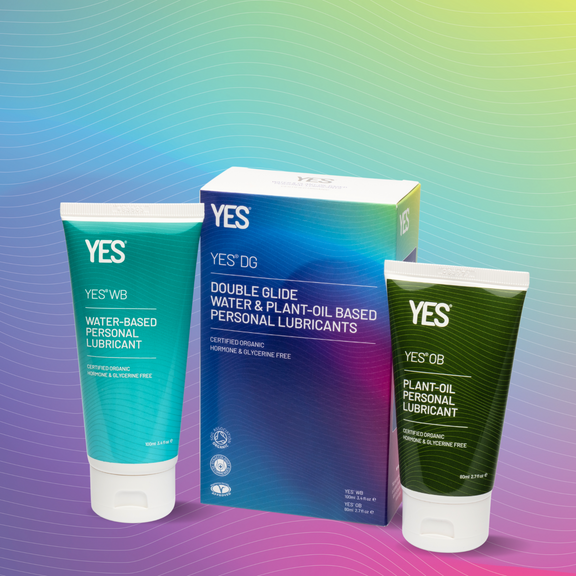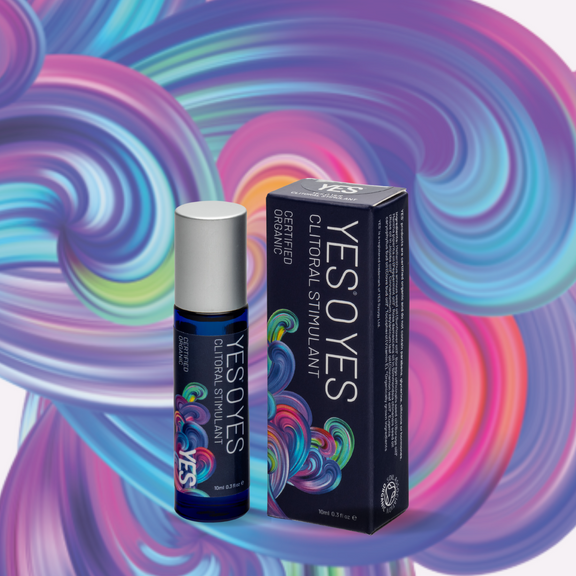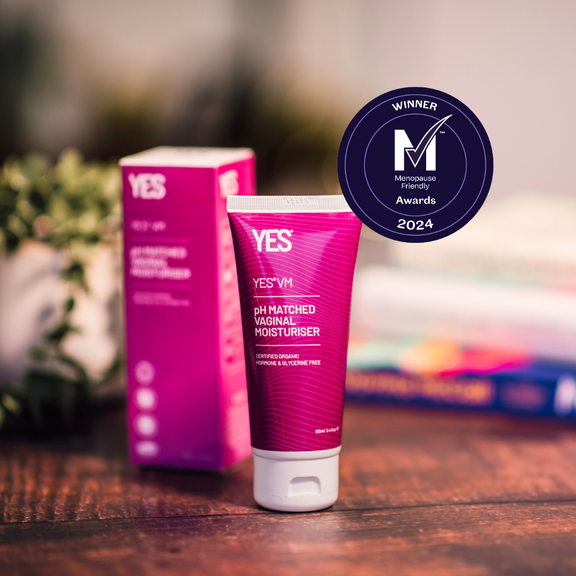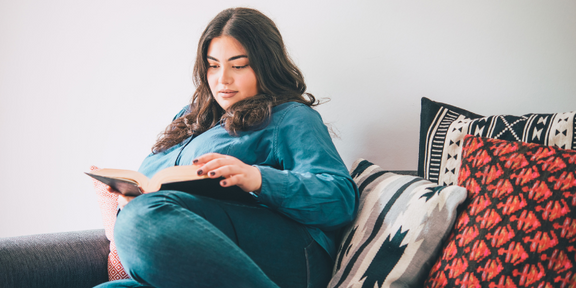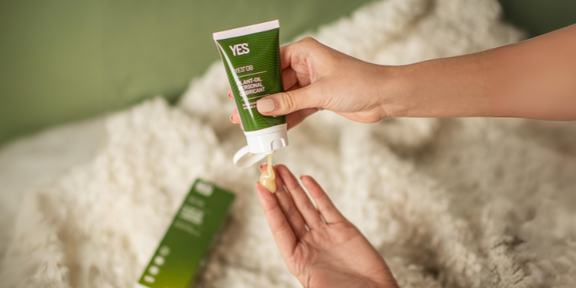Sex drive & your period: how your menstrual cycle affects libido
Ever wondered why you’re hella horny at certain times of the month, while your libido drops off a cliff at others? It just might be your menstrual cycle at work…
We’ve said it before, and we’ll say it again: periods have a lot to answer for. They send our hormones haywire, and the impact this can have on our bodies – at every stage of our lives – can be downright alarming. But did you know that each distinct phase of your menstrual cycle can affect your libido in different ways?
Let’s take a look at how.
What is libido?
Your libido is another name for your sex drive, which is another name for your levels of sexual desire. There are a number of internal and external factors that can lead to changes in your libido levels – from hormones and medication, to stress and poor relationships. It’s also worth noting that as we age, our sexual desire can start to wane – but everybody is different, and if you’re unhappy with a declining sex drive, there are plenty of things that could help!
How do hormones change through the menstrual cycle?
Our hormones – particularly the big hitters oestrogen and progesterone – fluctuate throughout our menstrual cycle. As they change, they influence everything in our bodies from our moods and how our body feels physically, to how high or low our libido levels are. This means that at certain points in the month, you might be feeling pretty randy, while at others, you just want to curl up with a good book and be left the heck alone.
The menstrual cycle each has a distinct phase that can affect sexual desire differently:
- The menstrual phase is experienced differently for everybody; for some, it spells increased libido and arousal.
- The follicular phase is most commonly associated with a boost in sex drive owing to the rise in oestrogen levels.
- Ovulation marks the peak of sexual desire because of hormonal fluctuations (and some rather clever evolutionary factors).
- The luteal phase can lead to a drop in sex drive thanks to elevated progesterone levels.
Changing hormone levels can also affect how aroused we feel and how satisfied we are from sex. So if something isn’t getting you going in the way it normally would, it might be down to hormonal shifts. Understanding this can be really helpful in learning how to navigate your menstrual cycle and managing your intimate relationships.

Why is my libido so low?
If you’re struggling with low libido, don’t panic. Low libido in women is actually pretty common; again, because of those ever-changing hormone levels. If you’re wondering how to increase libido, it helps to understand the reason your sexual desire might have checked out in the first place (because it’s not always to do with your period).
The most common causes of low libido in women[i] include:
- Physical causes, like vaginal dryness
- Medications with low libido as a potential side effect, such as the pill
- Hormonal changes like pregnancy, perimenopause, and the menopause
- Psychological causes like stress, anxiety, or past trauma
- Relationship issues, such as a lack of emotional intimacy
If you’re worried about anything concerning your health, it’s worth speaking to your GP or a healthcare specialist.
What can I do about low libido?
- If you’re looking for a libido boost, certain foods can act as an aphrodisiac – including figs, bananas, avocados, and chocolate (hoorah!).
- Because stress can affect your libido, meditating, reducing alcohol, and prioritising sleep can also push your sex drive into a higher gear.
- If you feel like you need an extra something, many women report that libido supplements or libido gummies work wonders on their sex drive.
For women whose sex drive is affected by hormonal changes like perimenopause and the menopause, vaginal dryness is a common symptom that often goes hand-in-hand owing to the drop in oestrogen. This can further impact your sex life – making sex less comfortable, and less pleasurable to boot. If you’re struggling with vaginal dryness, a quality vaginal moisturiser like YES® VM can help to ease irritation and rebalance your moisture levels.
A healthy sex life is all about communication and exploration, and if vaginal dryness is standing between you and sexual satisfaction, it’s about time you discovered our fantastic range of lubricants! Whether you’re experiencing vaginal dryness and irritation, or simply want to give your sex life a luxurious boost, our plant-based and certified organic lubricants are all pH matched to the vagina and designed to be side effect free.

Understanding your libido
If you’re wondering whether everyone’s libido is impacted in the same way throughout their menstrual cycles, the answer is a resounding no! As with most things, experiences vary hugely from person to person because of the other factors at play. Some people crave intimacy during their period, while others prefer to wait until their period has passed.
The most important thing to remember is that communication is an enormous part of a healthy sex life. You should never feel pressured into intimacy if your libido is low (or at any other time); instead, talk to your partner about how you’re feeling, the ways you might be struggling, and how your hormones (or other factors) could be at play.
References
[i] Low Libido in Women: Symptoms, Causes, and Treatment (verywellhealth.com)


